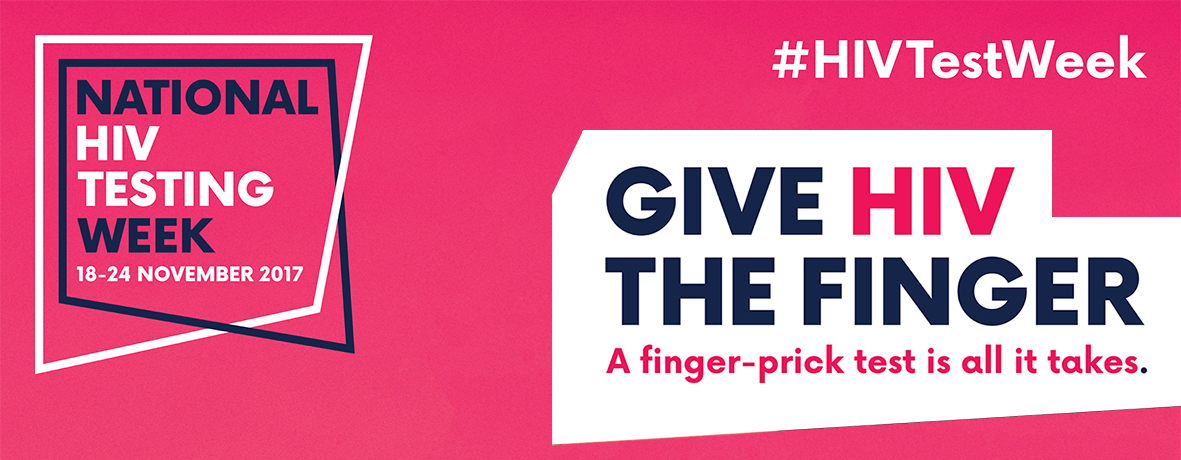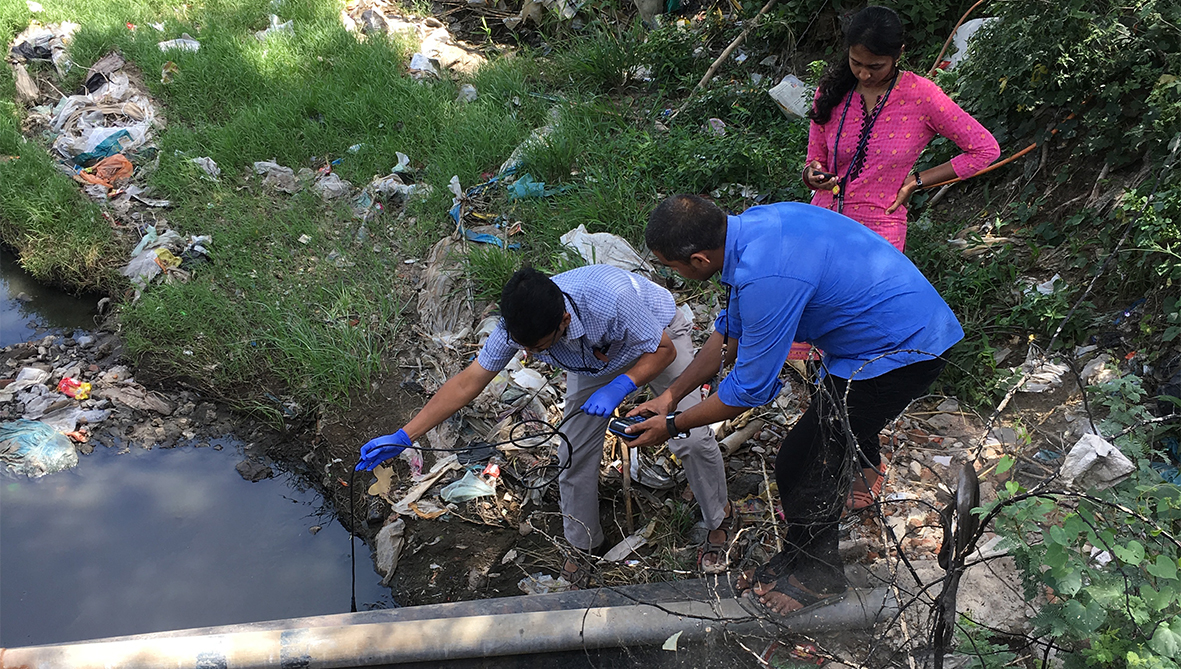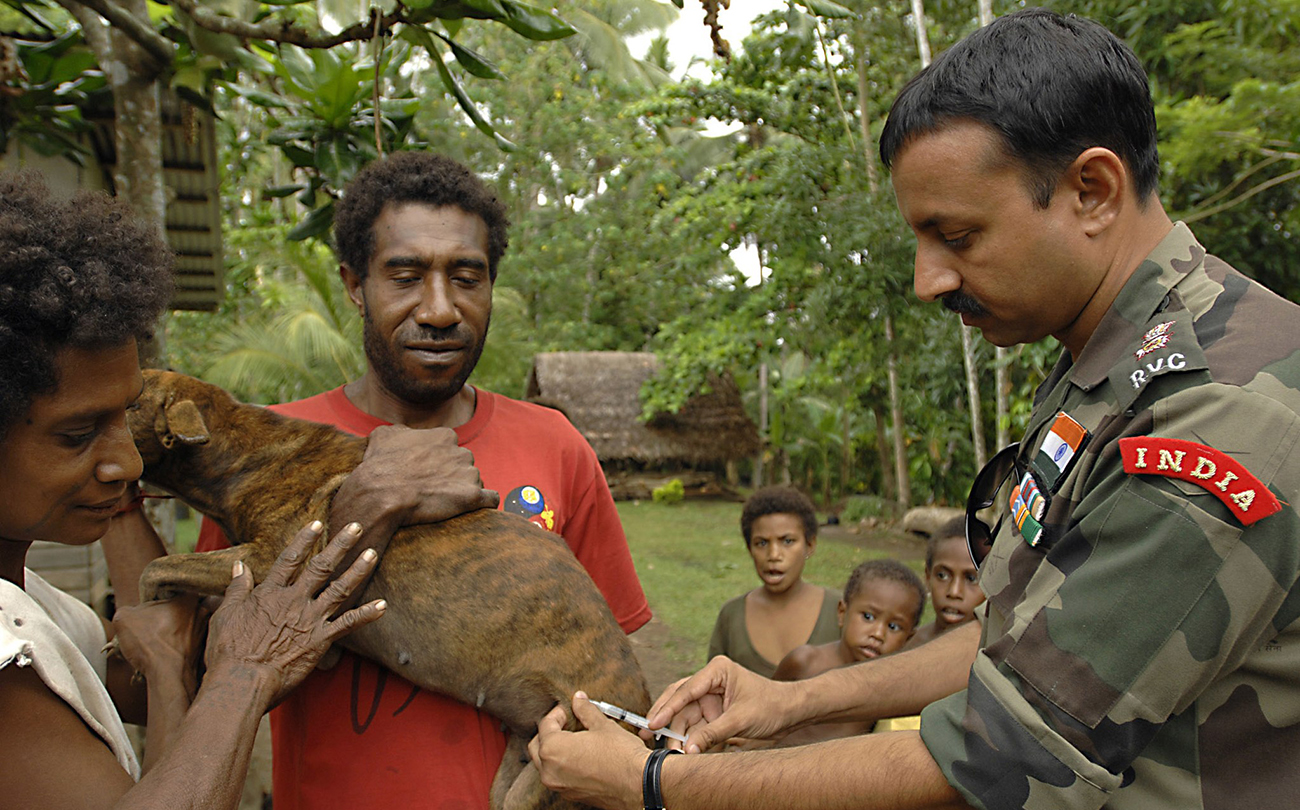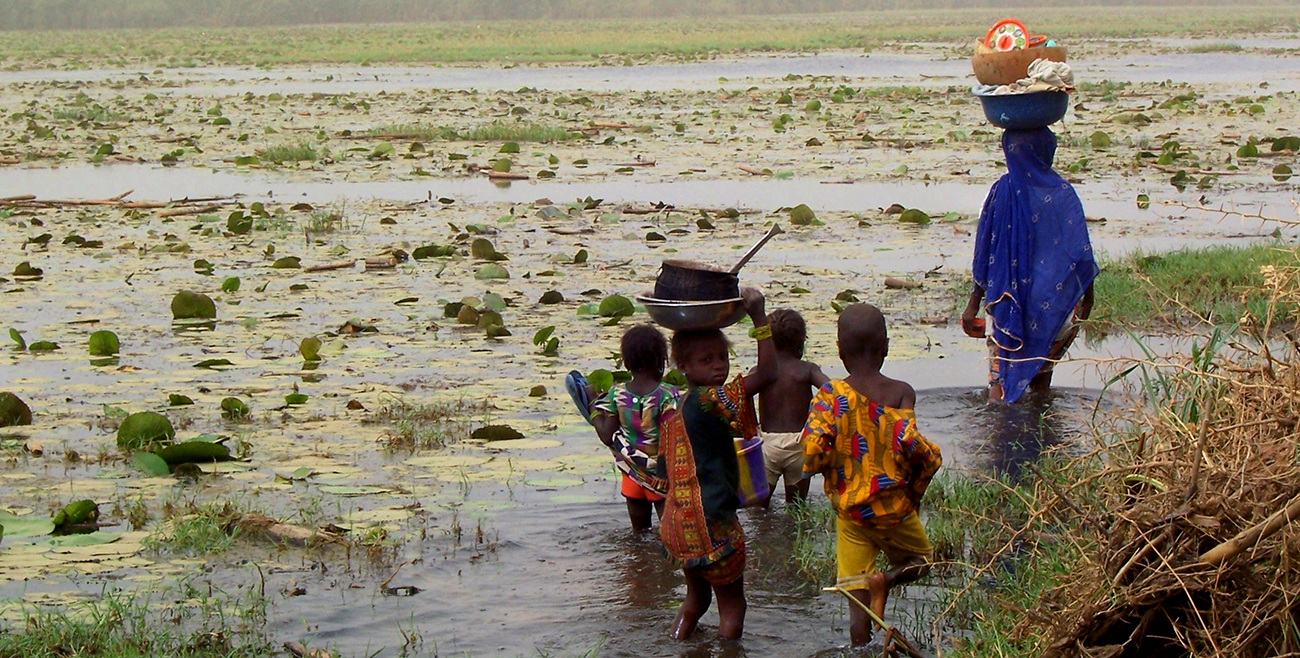For World Leprosy Day 2018, Dr Tim Rawson explores how leprosy is not quite yet a disease of the past.
I have always found leprosy a fascinating disease. It is an incredible example of how microbiology, immunology, and social sciences can collide and impact significantly on human health.
Leprosy has been affecting humans for at least 4000 years. It has played a huge part in teaching us about disease caused by bacteria. In 1873 when Hansen discovered Mycobacterium leprae in tissue samples from patients with leprosy, this became the first bacteria to be directly linked to causing disease in humans. Since then we have developed an understanding of the complex range of types of leprosy that occur depending on how an individual’s immune system responds to the challenge of infection with Mycobacterium leprae. We have also observed the consequences of the deformities and disability caused by the body responding to Mycobacterium leprae, which favours human nerves and skin. In turn, we have seen how the appearance of individuals with disability and disfigurement from leprosy has driven stigma, misinformation, and the discrimination of those affected by the disease. (more…)








